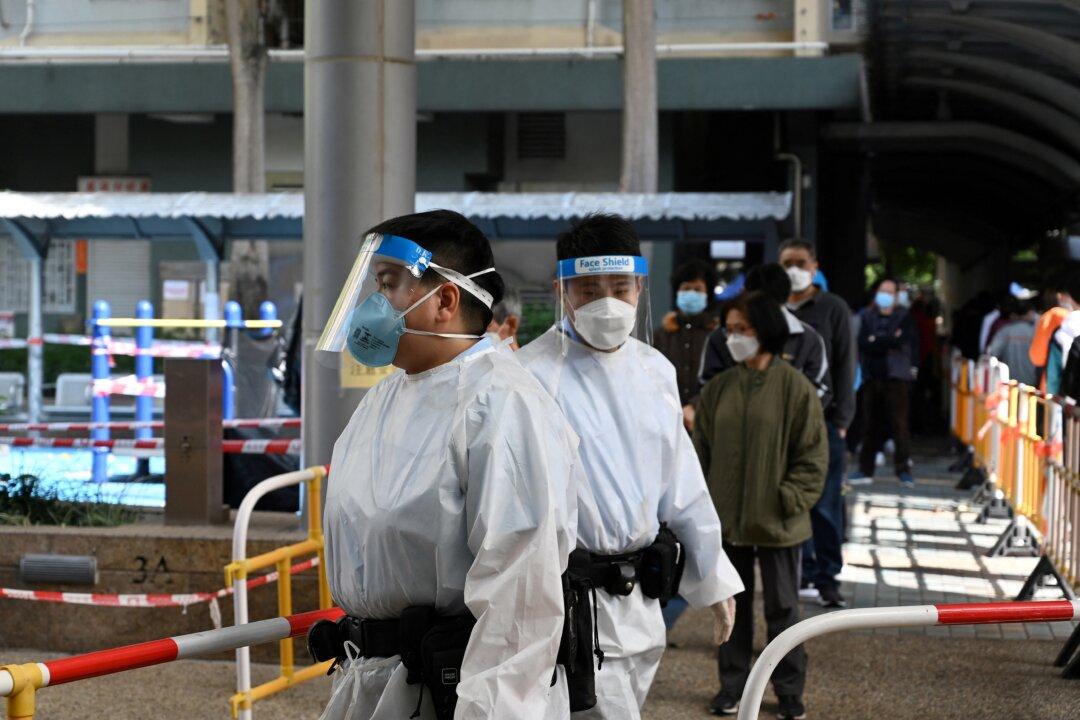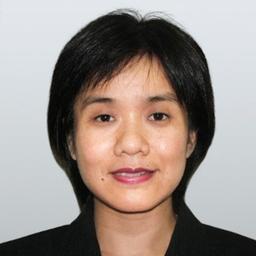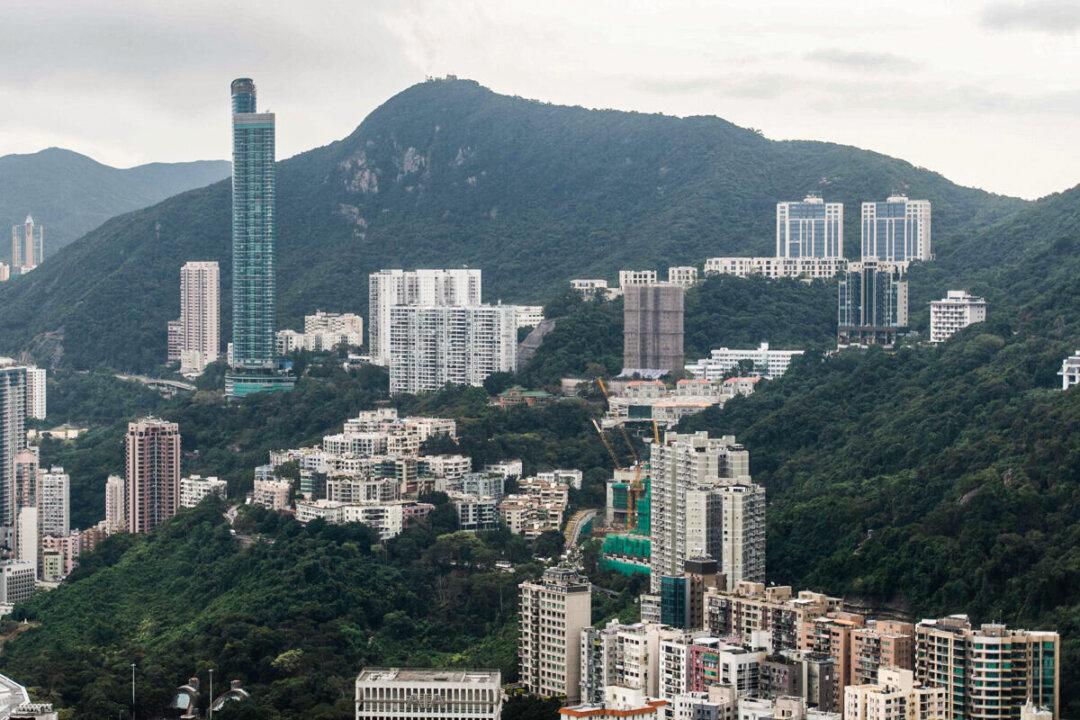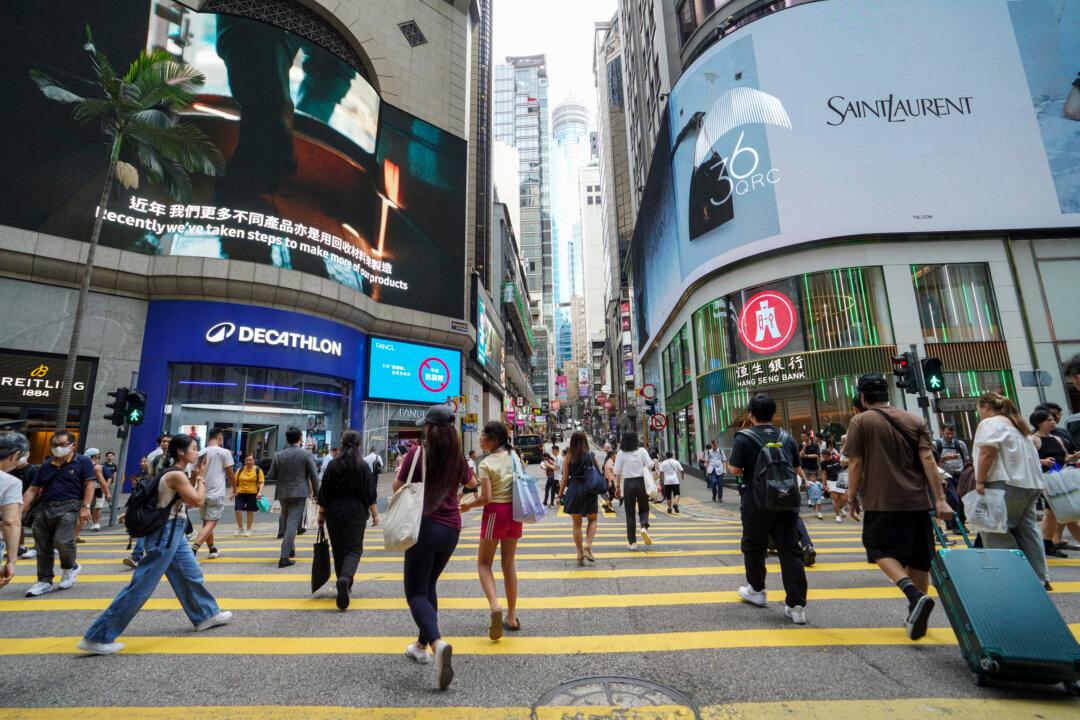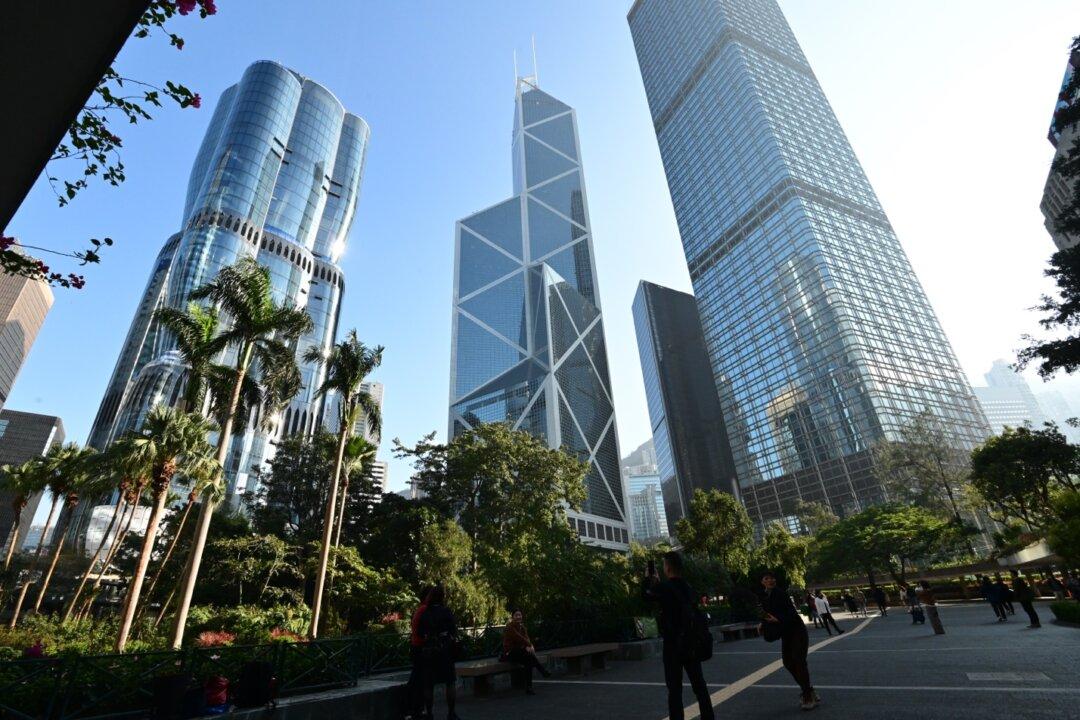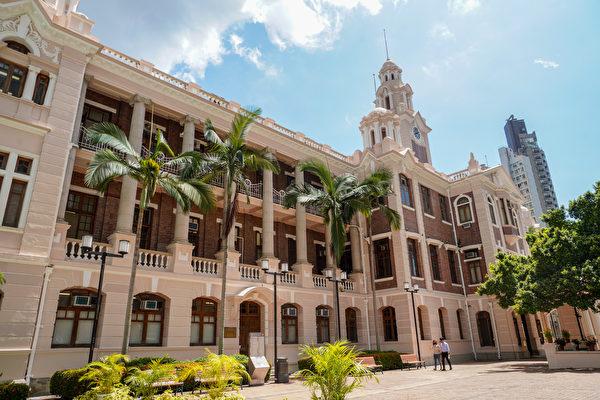A growing number of European countries and Israel have started to remove COVID-19-related restrictions, including vaccine passports and safety mask mandates. Yet, Hong Kong still clings to its “zero-COVID strategy” with the aim of opening up quarantine-free travel to mainland China.
In late January, Hong Kong entered its fifth wave of COVID-19 outbreaks. On Jan. 27, Hong Kong set a one day record of 188 COVID-19 infections, followed by an average of over 80 daily cases for seven consecutive days. The new wave of infections forced officials to confront the efficacy of their stringent control measures.
